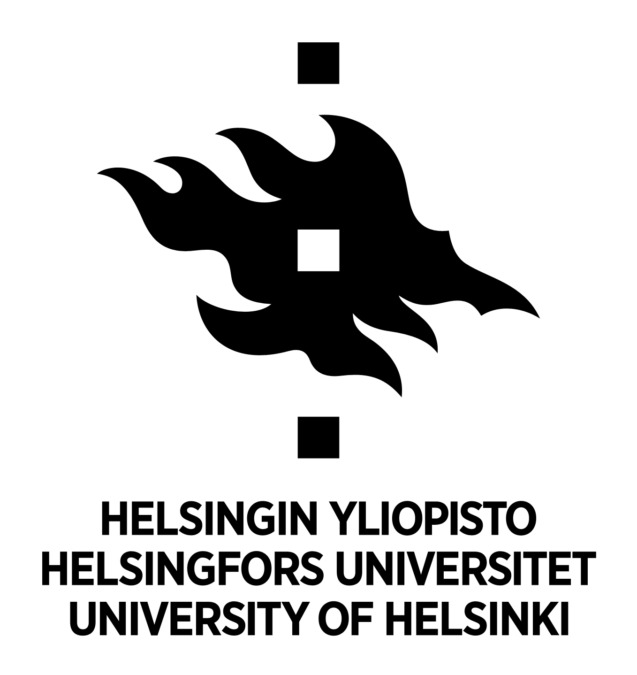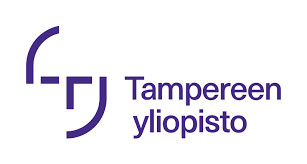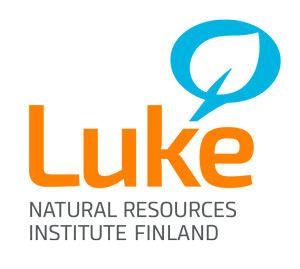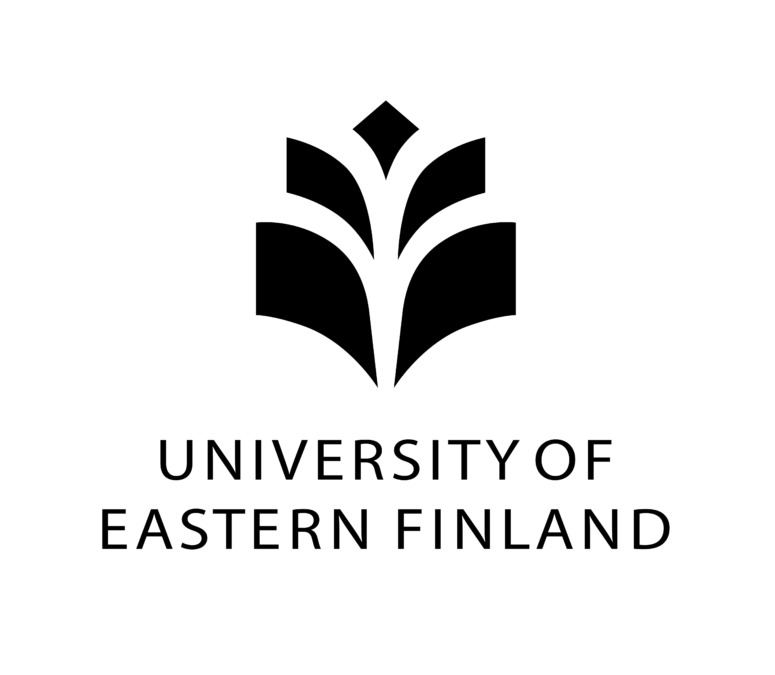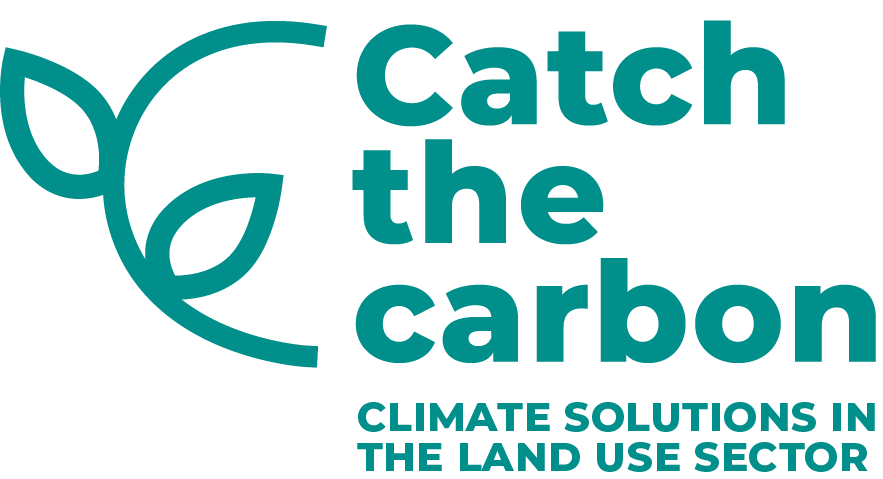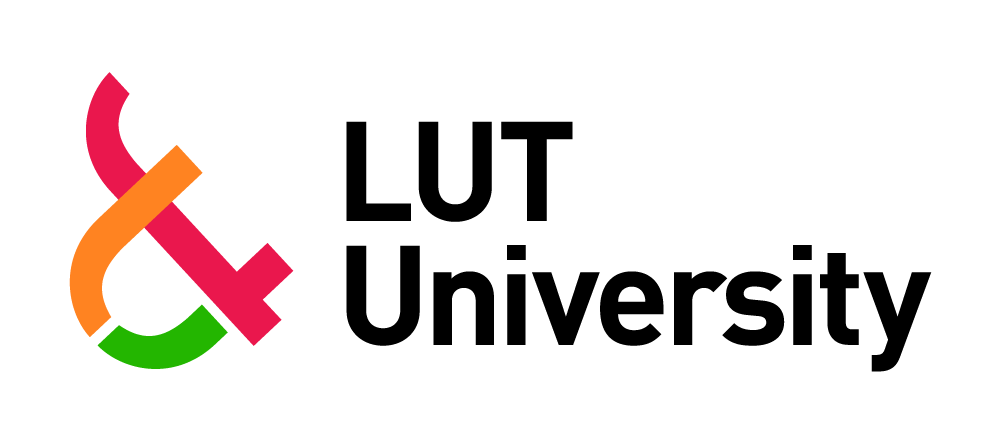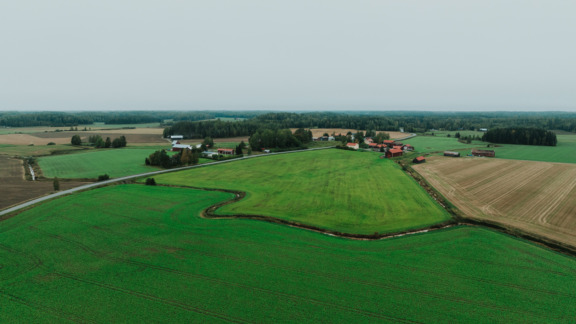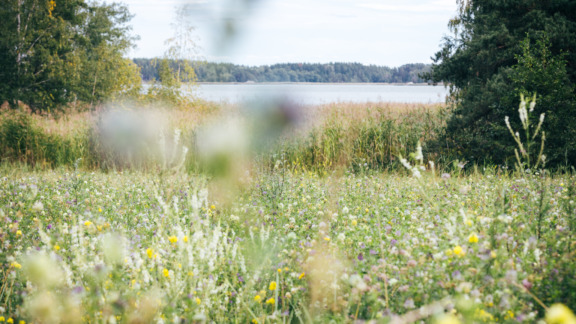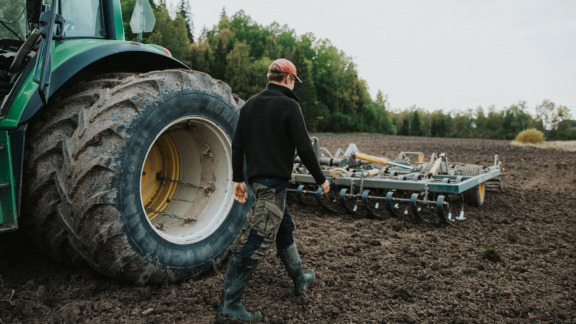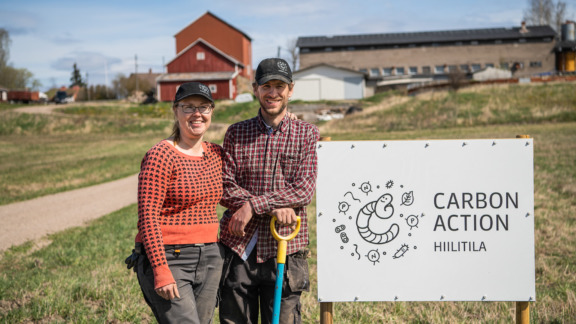Improving the sustainability of the food system requires a clear understanding of agriculture’s role and importance throughout the entire value chain. We offer a free course for food system actors to learn about regenerative farming and its potential in addressing sustainability challenges in the food system
CARBON ACTION
Regenerative farming is a profitable and environmentally friendly way of producing food. The Carbon Action collaboration develops practical regenerative farming methods while studying carbon sequestration in arable land. Regenerative farming improves both soil health and crop safety. Farmers, the climate, biodiversity and the Baltic Sea all benefit.
MULTIDISCIPLINARY COLLABORATION
Farmers
Do you want to improve the health of your soil and increase the reliability of your harvests? Regenerative farming will help your fields withstand extreme weather’s effects better. By joining the Carbon Action Club, you can get up-to-date research data and read about others’ practical experiences.
Carbon Action was put together by Baltic Sea Action Group and launched with funding from Sitra in 2017. The Finnish Meteorological Institute oversees research collaboration, while BSAG is responsible for the programme and cooperation with companies and farmers. The collaboration aims for multiple benefits: better soil health, increased biodiversity and resilience, climate change mitigation, and reduced discharges into the Baltic Sea and other bodies of water.
CARBON ACTION IN NUMBERS
CARBON ACTION PARTNERS AND FUNDERS
Carbon farming has given my work a whole new sense of purpose. What I am doing is valuable, and I have a greater sense of professional pride. It increases my motivation and ability to cope, which leads to better and higher-quality results.
Marja Oesch, Carbon Action farmer, Pursila Farm, Hausjärvi
Regenerative agriculture
Crash course in regenerative farming
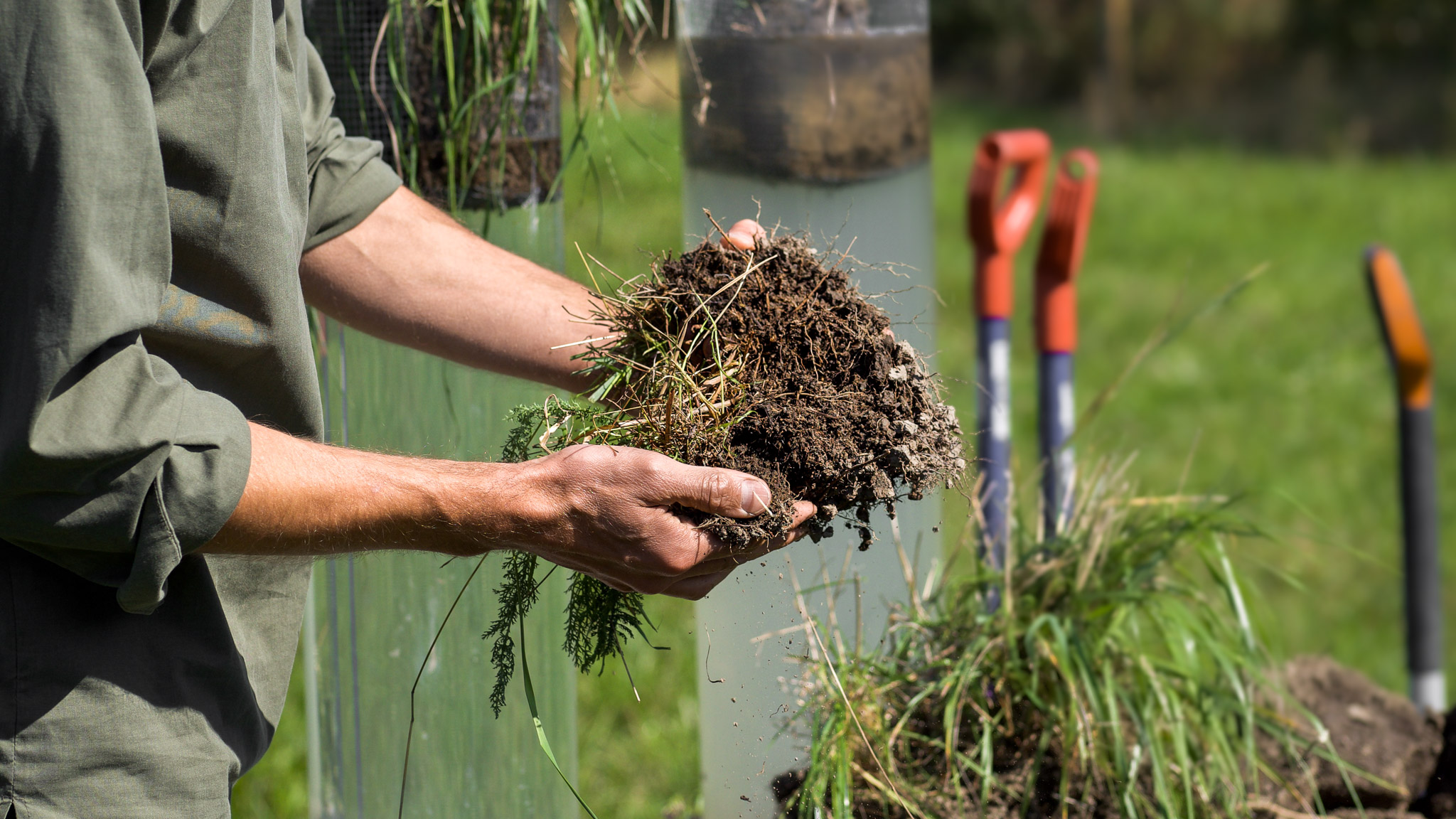
Carbon Action projects
More than 50 projects are currently ongoing in the Carbon Action research network. The Carbon Action platform conducts high-quality scientific research to enhance soil carbon sequestration and improve the climate impact of agriculture.
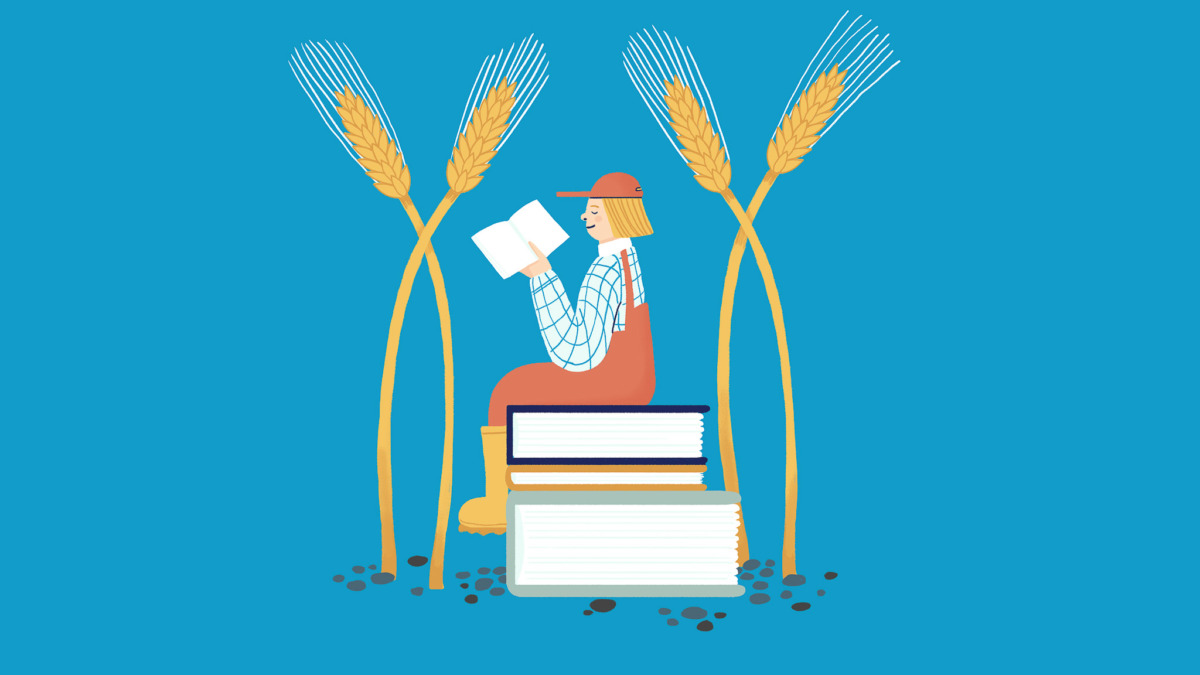
The E-college for Regenerative Farming
Practical knowledge combined with research data will help us to cope with increasingly unpredictable conditions. We want our fields to be able to carry out their vital function: to produce food.
Regenerative agriculture






